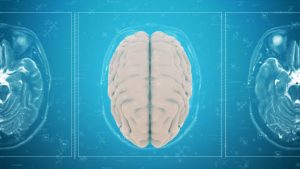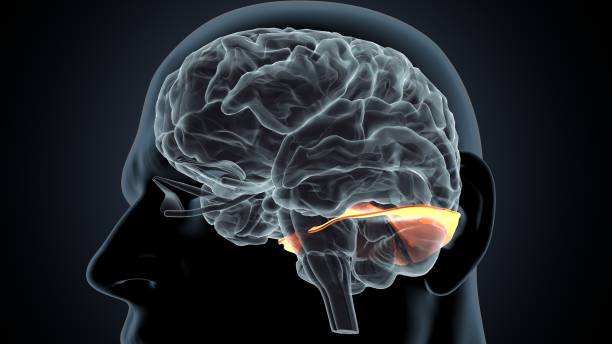Different Neurological Conditions that require Lifelong Care
There are hundreds of different neurological conditions that require lifelong care. People face these conditions on a daily basis, and some may require long-term care. For example, with neurological conditions, pain that originates in your head may also be prevalent elsewhere in your body. When you feel something out of the ordinary, it’s best to see a doctor. The doctor will evaluate your pain and will run some tests to make the diagnosis.
Once your primary care physician determines that you may need a specialist, they will refer you to a neurologist, for example. Neurologists are required to undergo lengthy education and recertification to treat neurological conditions that require lifelong care.

Here, we take a look at some of the neurological conditions that require lifelong care:
Cerebral Palsy
In most cases, you find out you have cerebral palsy as an infant because your brain hasn’t developed fully by the time you’re born. There are cases where you find out that you have it when you’re older. One sign of cerebral palsy is that you will have trouble walking. In mild cases, you can still walk but require some assistance. In severe cases, you can’t walk at all. Another sign is that your body is in a lot of pain. Physical Therapy can improve this condition, but it will not correct it.
Amyotrophic Lateral Sclerosis (ALS)
Another term for ALS is Lou Gehrig’s disease. This type of condition causes a disruption in muscle movements. As a result of this disruption, you may have muscle spasms every once in a while. In severe cases, these muscle spasms will be uncontrollable and you will have them more often. Signs of ALS include muscle weakness and your muscles become stiff. In cases like these, you may be tired a lot. You may find it difficult to lift objects or even to move in general. These signs are known as the early stages of ALS. As the years go on, you will have an inability to eat, move, and even breathe. Unfortunately, there isn’t a cure for ALS. The best thing you can do to help relieve your symptoms is to have someone care for you and support you. You will need to live with someone willing to take care of you for the rest of your life.
Parkinson’s Disease
Parkinson’s disease is another neurological disorder that will require long term care and is the most common. A lot of patients start feeling the symptoms at an older age. In people with Parkinson’s, the brain sends few signals to your body so the body can function improperly.  The symptoms will start off slow and gradually worsen year by year. You may start noticing that your balance will be off, and your body starts to tremble. You may also find it hard to move with stiffness in arms and legs. Other symptoms include difficulty eating and walking. You may notice that your speech begins to diminish.
The symptoms will start off slow and gradually worsen year by year. You may start noticing that your balance will be off, and your body starts to tremble. You may also find it hard to move with stiffness in arms and legs. Other symptoms include difficulty eating and walking. You may notice that your speech begins to diminish.
Whether you or a loved one experience any of these symptoms from these neurological disorders, it is best to see a doctor. They will formally diagnose the condition and advise about next steps on what you can do to alleviate symptoms.
Contact Dr. Jeff Steinberg For More Information
We’ve taken a look at three neurological conditions that require lifelong care. There are certainly others in a longer list. Identify a neurologist you like who can help guide you or a loved one through the ins and outs of neurological conditions. Inquire with Dr. Jeffrey Steinberg, a Neurologist Fort Lauderdale, who specializes in trauma to the brain and body.

